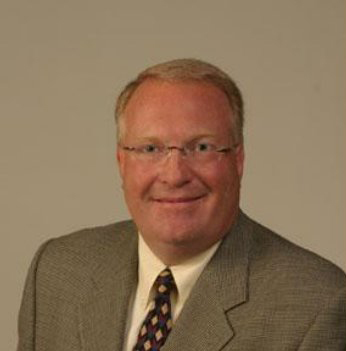With the exception of a fee for government-required reverse mortgage counseling, most of the fees associated with a reverse mortgage can be financed with your loan, so there’s no immediate out-of-pocket cost. The costs are added to the loan amount (“principal”) and paid along with the accrued interest when the loan becomes due. Depending on the loan option you choose, these fees may include an origination fee, closing costs, a mortgage insurance premium (required for HECM loans) and a monthly servicing fee. We will let you know exactly what costs are involved.
Ask us about our Low-Cost Equity Elite pricing option, which eliminates nearly all origination and closing costs.

